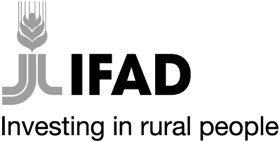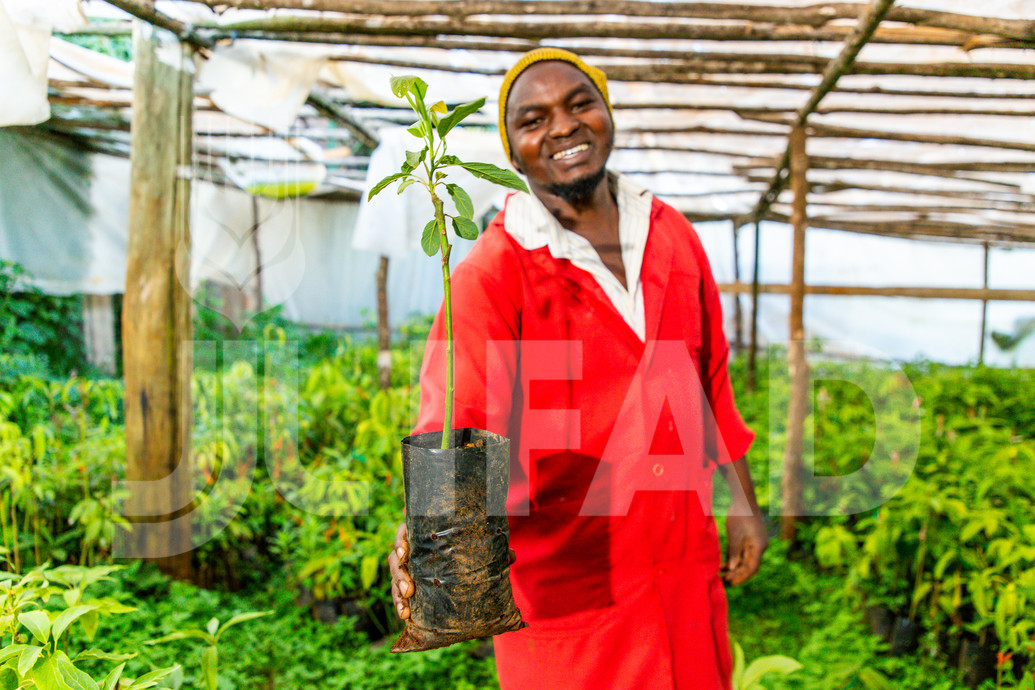| ID: | 76844 |
|---|---|
| Country: | Kenya |
| Title: | Kenya – Upper Tana - Nairobi Water Fund- October 2022 |
| Description: |
Francis Njoroge is a trained electrical engineer, who like many other youths in Kenya, couldn’t find a job due to the current economic status leading to a high unemployment rate. He identified and applied for an opportunity to supply tree seedlings on a tender basis. His proposal was denied because he did not meet the certification requirements of having a registered company and the appropriate certifications required. He registered Kikamara enterprise as his business and applied for the ground certifications which were consequently denied since he was farming at the riverbank which meant he was using contaminated water and adding on to the contamination through herbicide use while farming which trickled to the water. At that point, he had lost hope in growing and scaling his idea because he lacked a way forward. Fortunately, he attended the Ndakaini tree planting forum where he heard about the Water Fund and was informed on how to set up a water pan. He paid KES 3,000 and three days later he had a fully installed water pan to harvest water from the rain and this enabled him to acquire the requisite ground certification. The installed water pan collected its capacity of 50,000 cubic liters of uncontaminated rainwater, combined with his fertilizer-free, virgin soil organic farming approach, he now boasts of producing quality and healthy tree seedlings. Fruit seedlings which are very sensitive to any form of contamination can now fully flourish and gain the organic nutrients they require. He has currently produced more than 150,000 tree seedlings of 10 different fruit, exotic, and indigenous species. The water pan allowed him to depend on an artificial water source on his farm rather than the natural river and grow fruit trees along the bank to reduce the pollution of the river as a result of farming. Fully certified, he bagged the opportunity to supply Avocado tree seedlings to the Muranga county government under their MOU with Water Fund to supply a million tree seedlings. He now supplies other farmers with fruit seedlings to grow along the river and uses the collected water to water his seedlinigs and as irrigation for his vegetable farming. His increased income allowed him to create employment for his fellow youth and diversify to dairy farming as another source of income from the money he saved by selling the seedlings. Water fund also supported him through free silage development training that has enabled him to develop animal feed for his cows even through the drought. The drought season hinders him from growing quality tree seedlings and thanks to the diversification of income, he can rely on the income from dairy farming to get him through the season. Although the current drought poses significant challenges, he hopes to expand his water pan to a capacity of 100,000 cubic liters to enable him to scale his business and the resultant environmental impact. He is a proud contributor to the government's goal of achieving a 10% forest cover in Kenya. The goal of Upper Tana Catchment Natural Resource Management Project is to contribute to the reduction of rural poverty in the Upper Tana River catchment through increased sustainable food production and incomes for poor rural households, as well as sustainable management of natural resources. The project has three main components; Empowering communities to sustainably manage natural resources by building their capacity to develop resource management plans while also improving their livelihoods, Sustainably improving the incomes and living standards of the target group through interventions that are beneficial to the management of the natural resource base and Improving the sustainable management and use of water and other natural resources. The target area for the project is the Upper Tana catchment, covering 6 of Kenya's 47 counties. Around 205,000 poor rural households – including smallholder crop and livestock farmers, agro-pastoralists, fishers and rural traders – are expected to benefit from the initiative, which features a special focus on women, young people and other vulnerable groups. |
| Size: | 23.88 MB; 5472 x 3648 pixels; 463 x 309 mm (print at 300 DPI); 1448 x 965 mm (screen at 96 DPI); |
| Show more details: | Translieu/ Samuel Nyaberi |
| Copyright: | ©IFAD/Translieu/Samuel Nyaberi |
| Categories: | New from East and Southern Africa |
| URL: | www.ifad.org |

